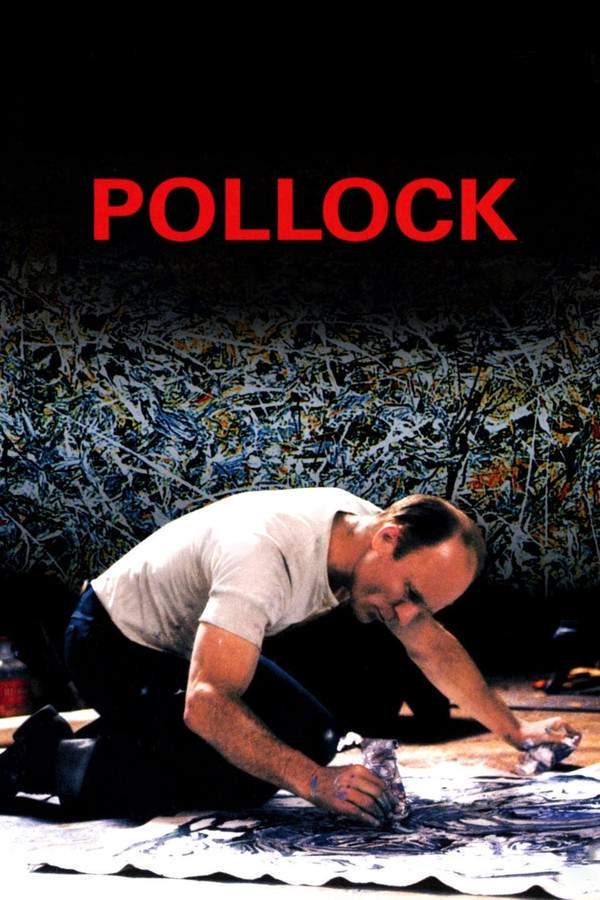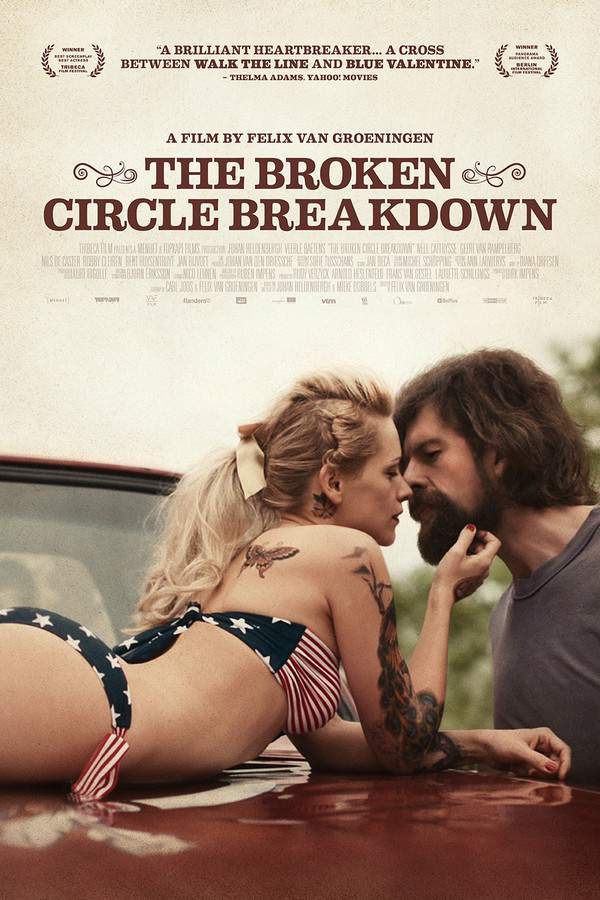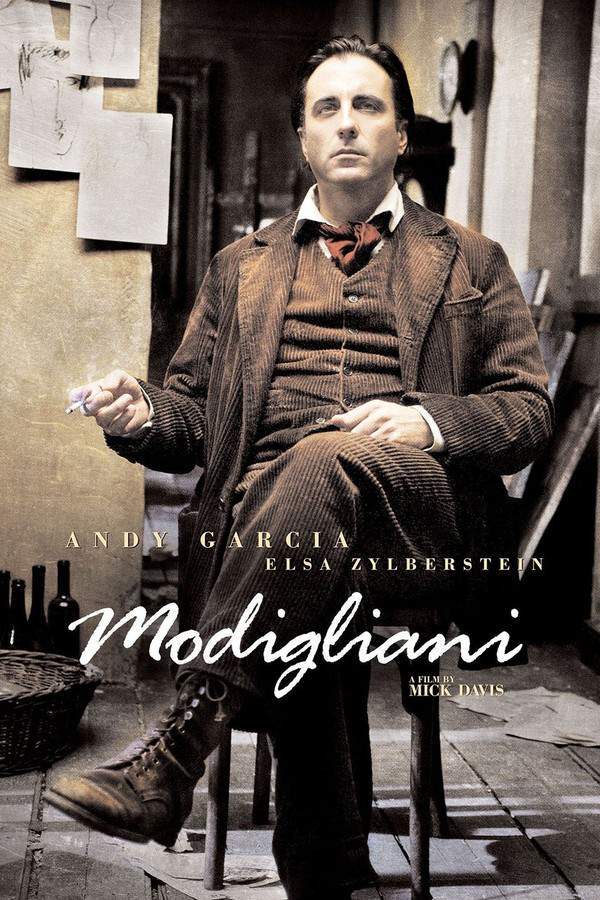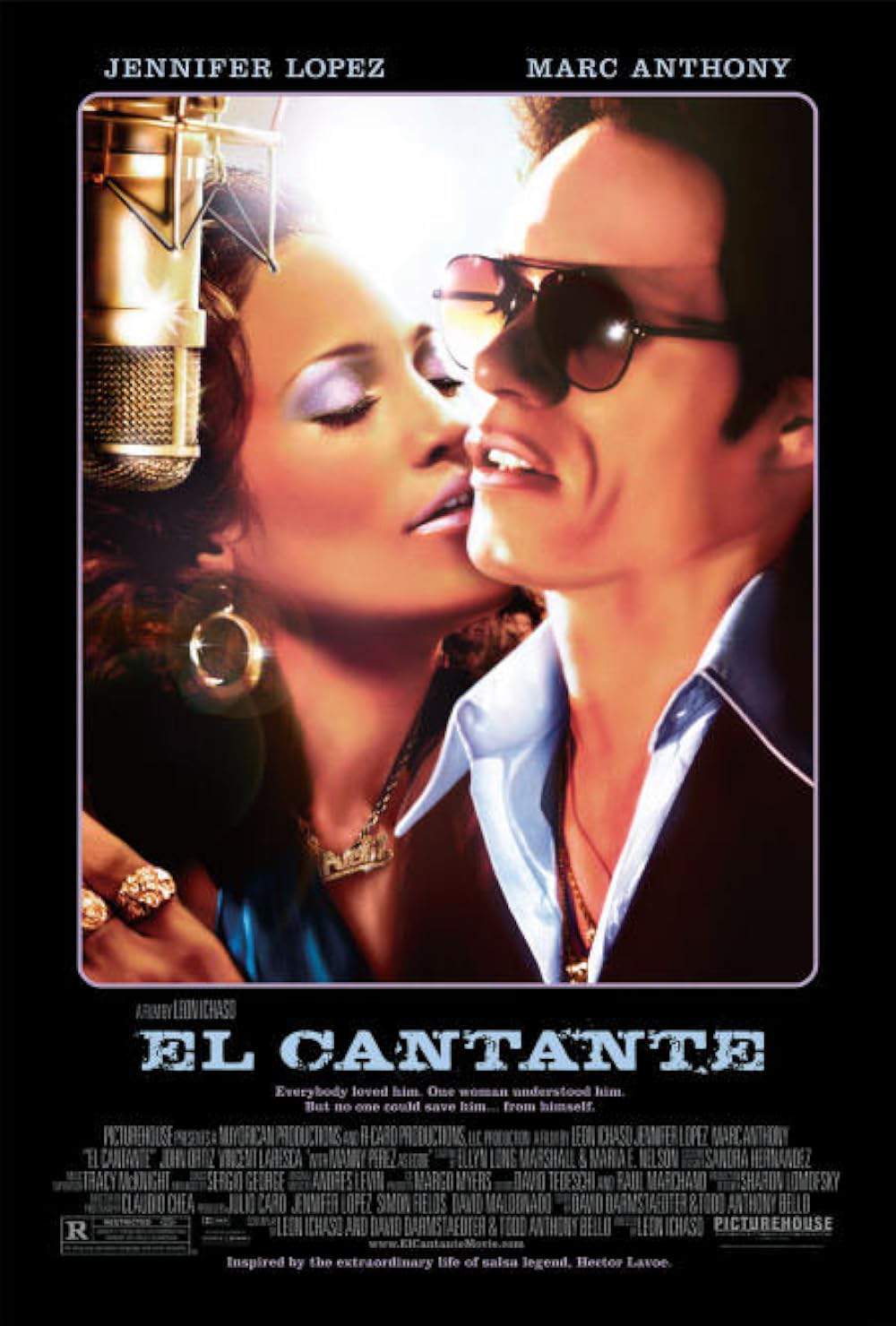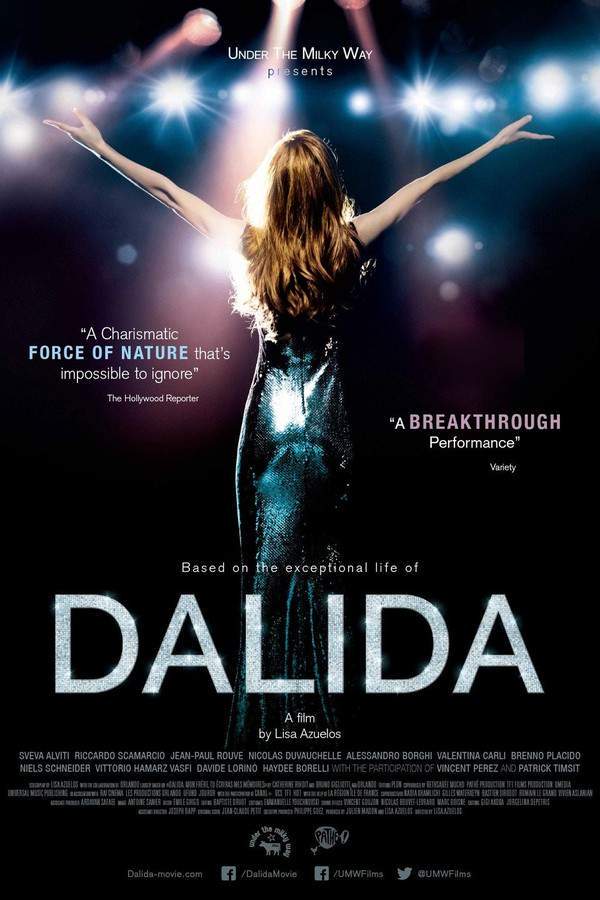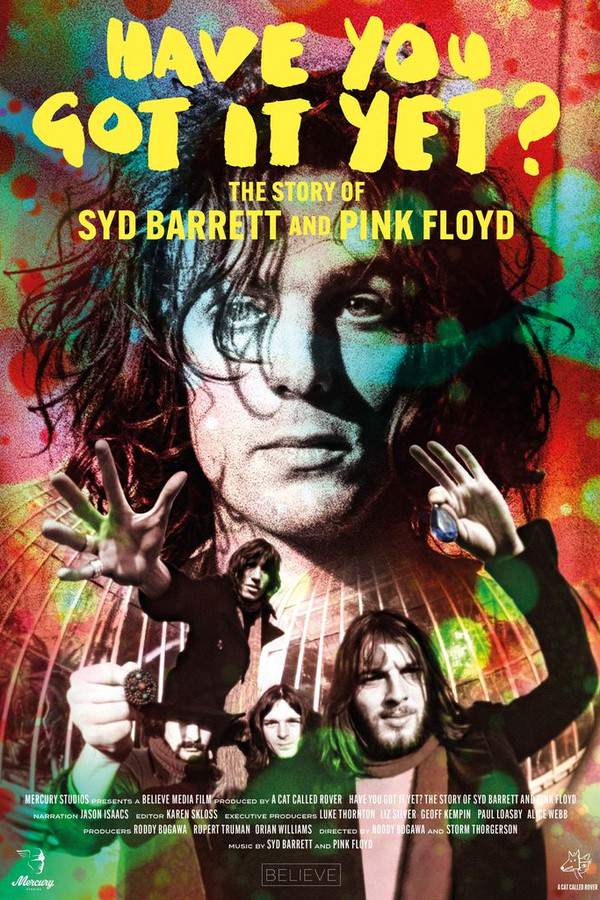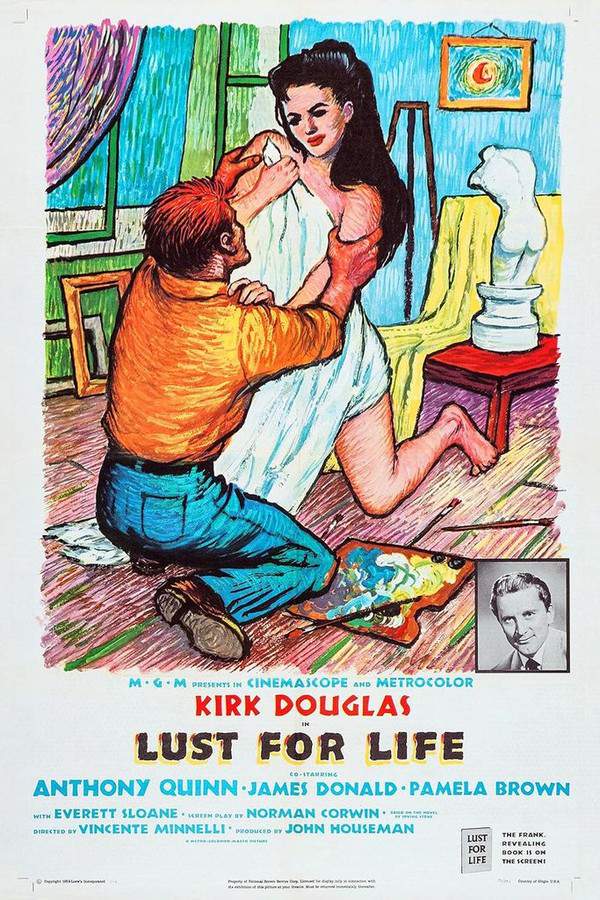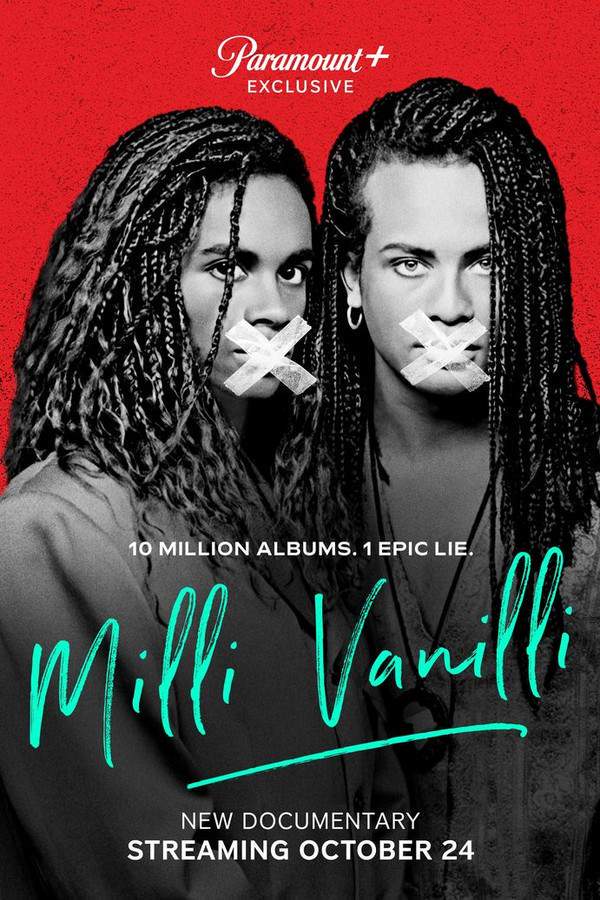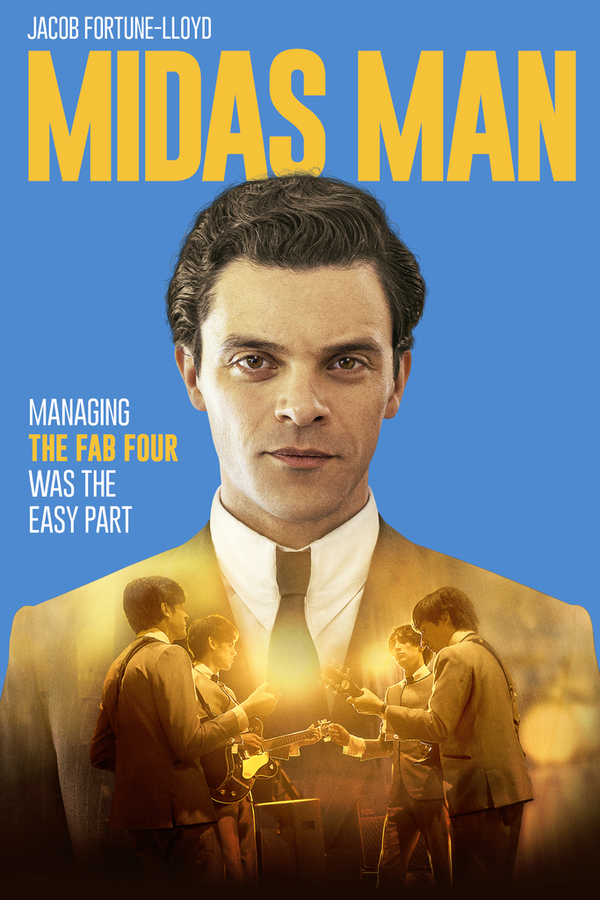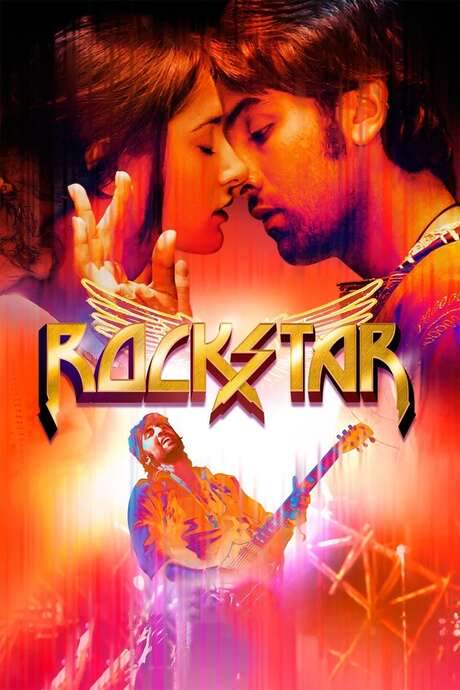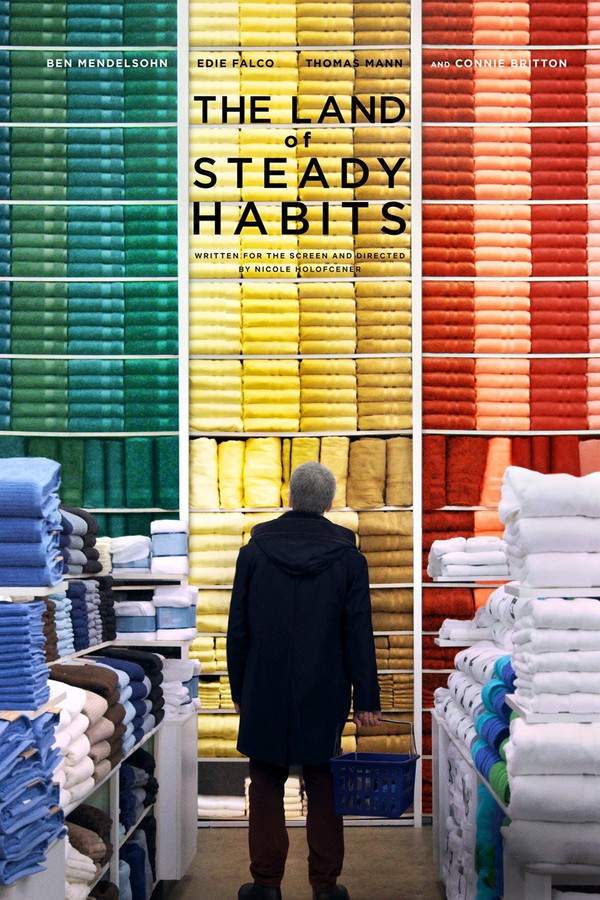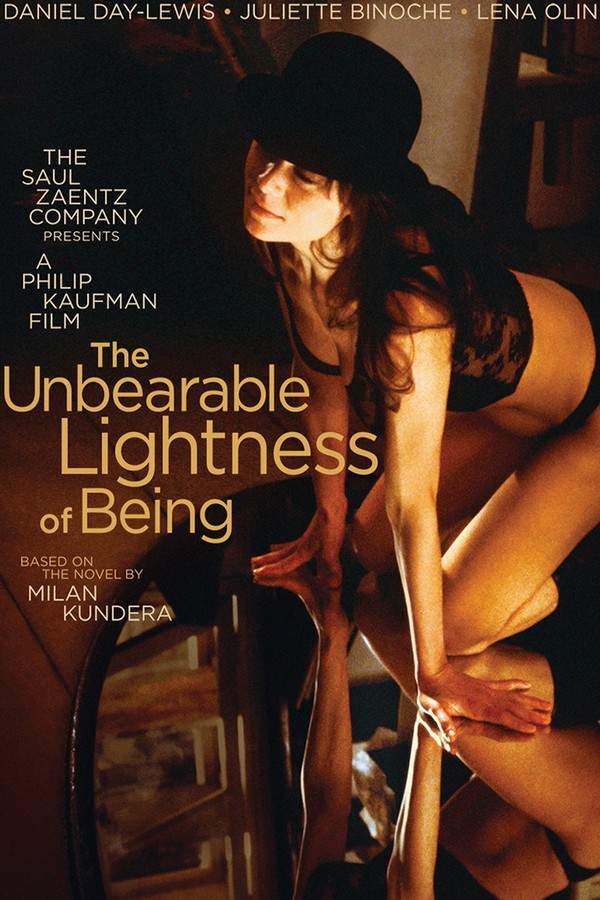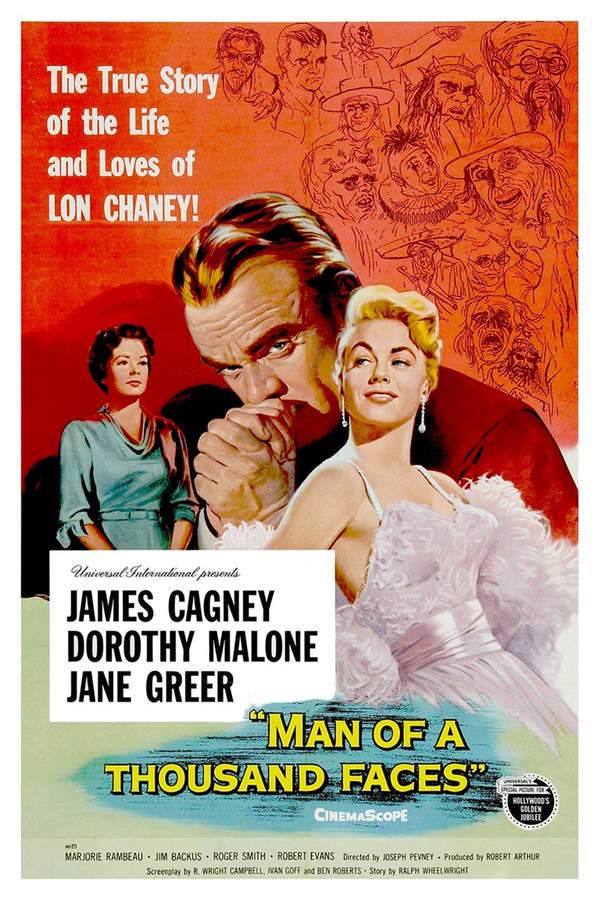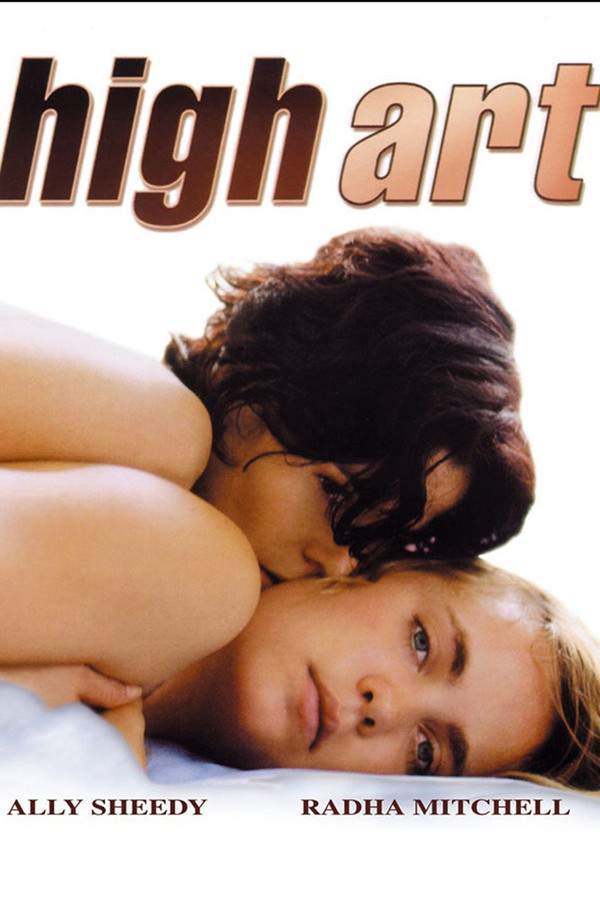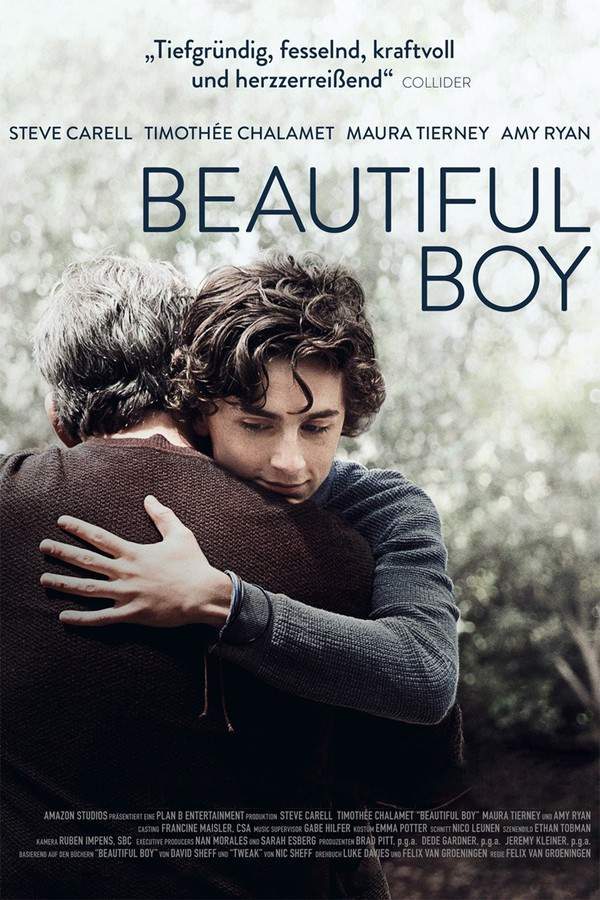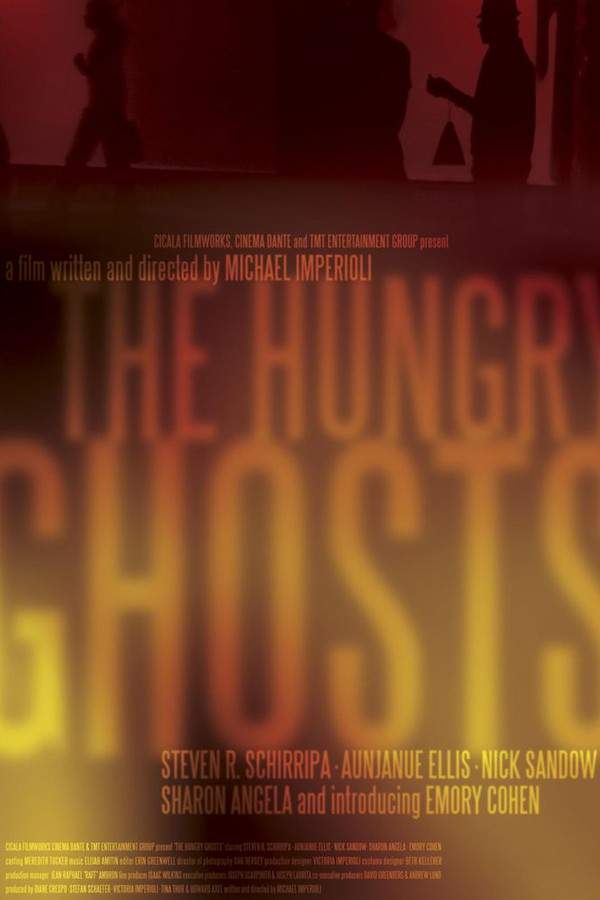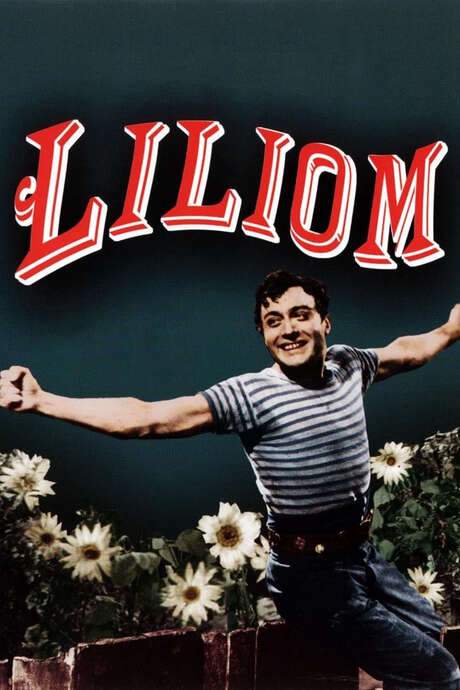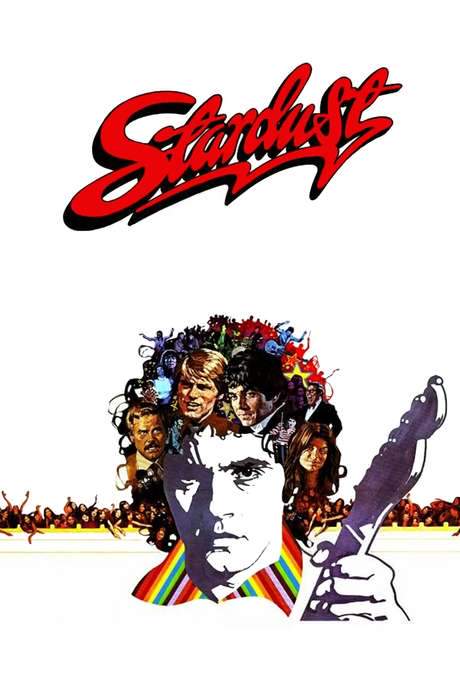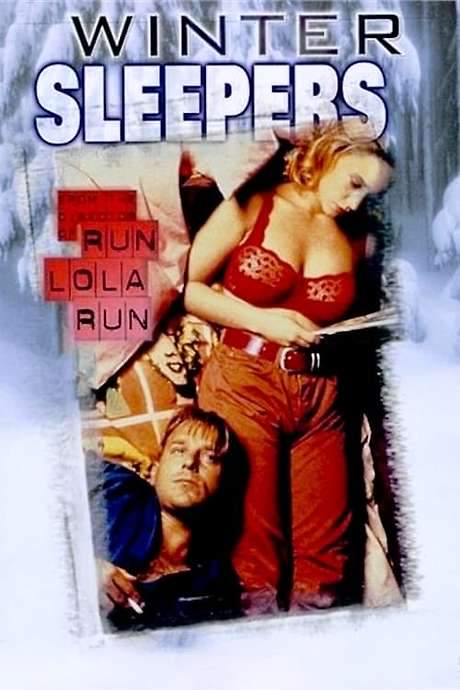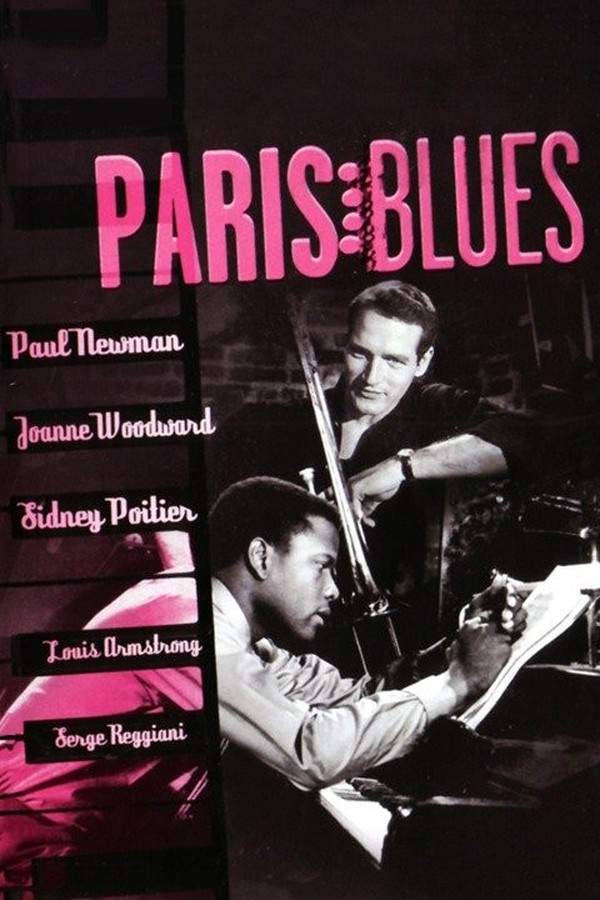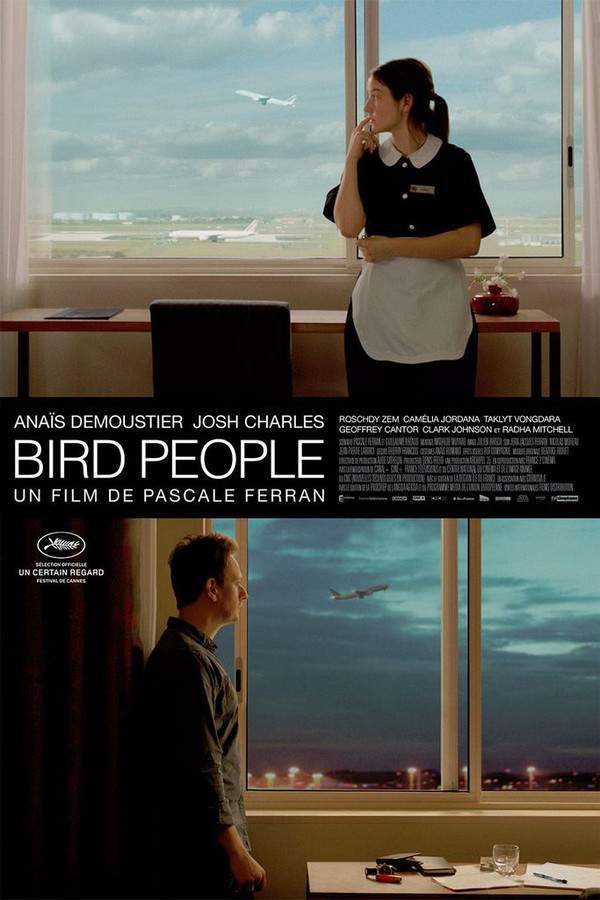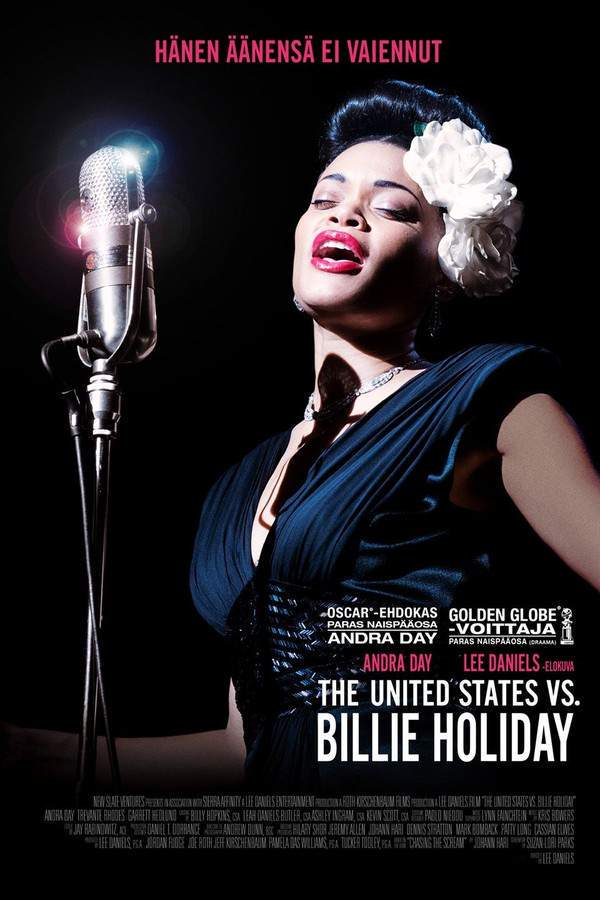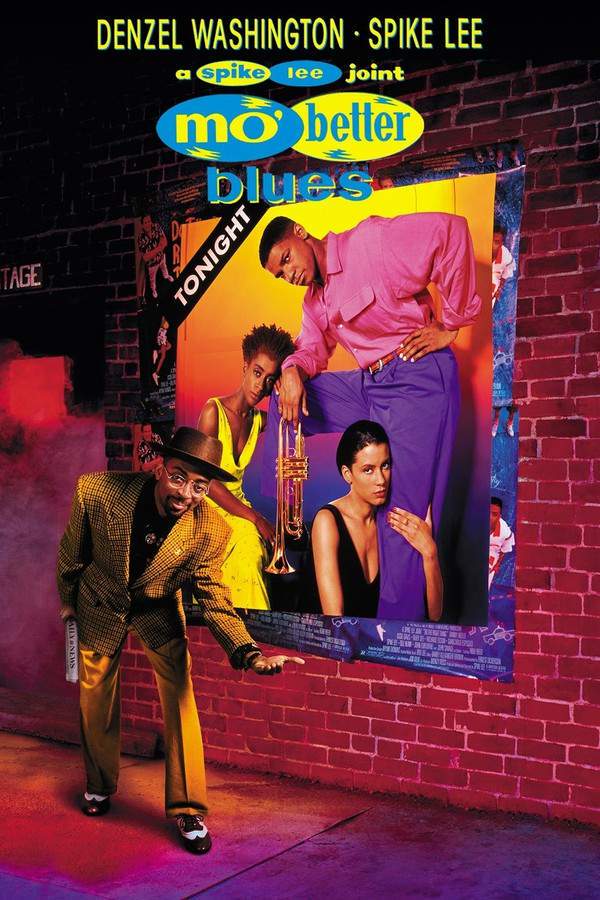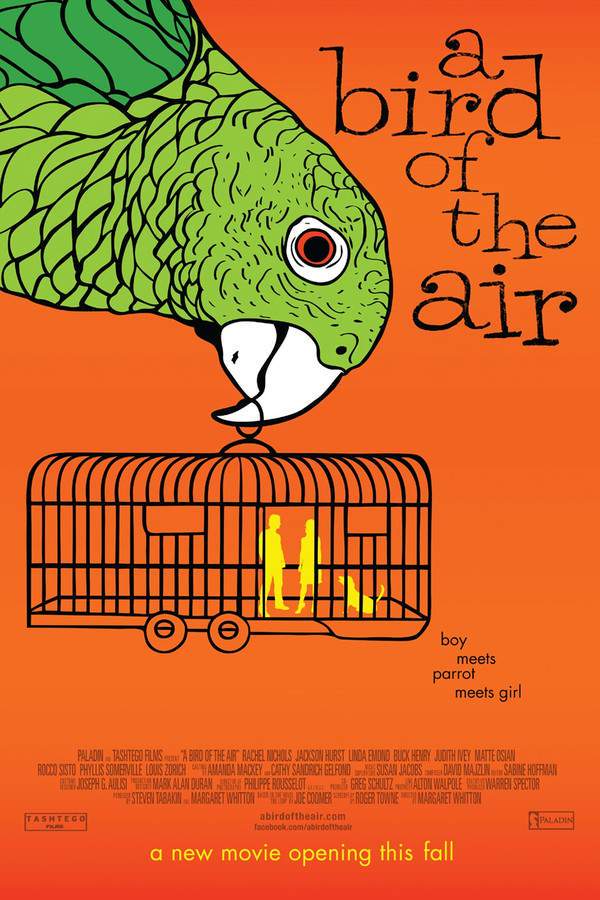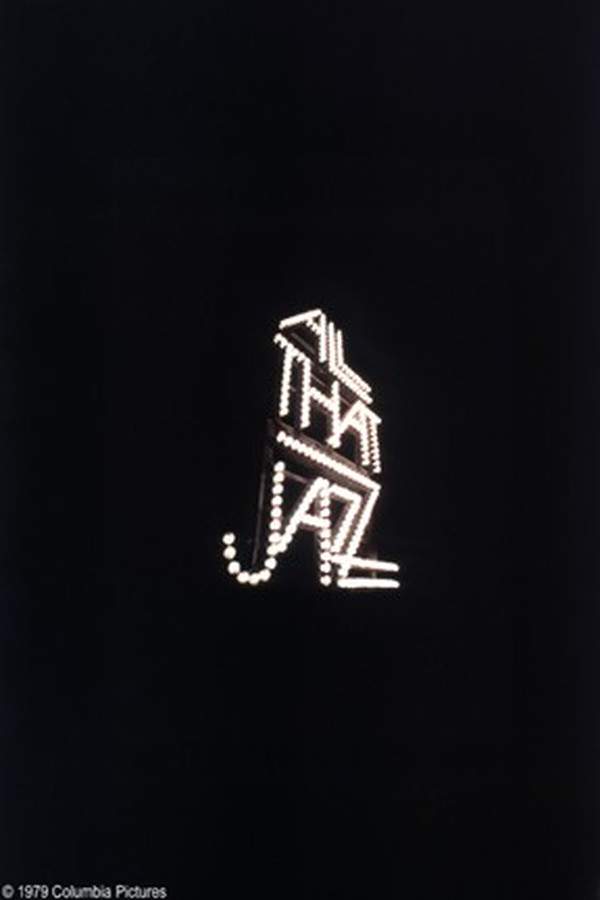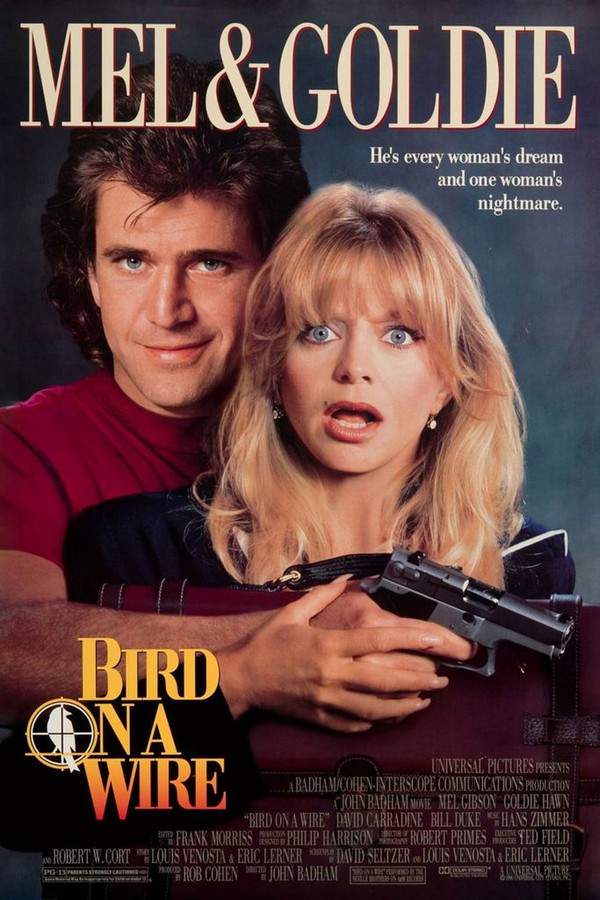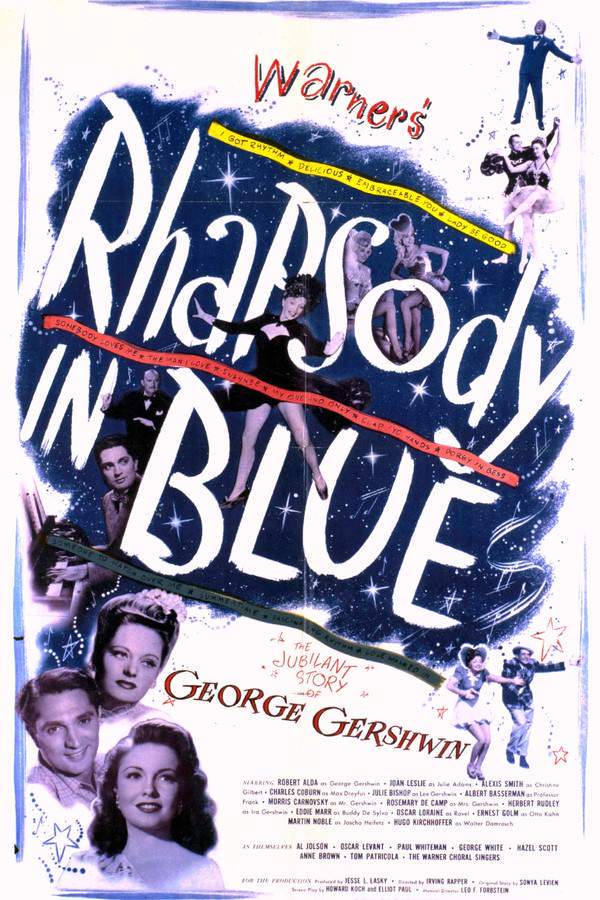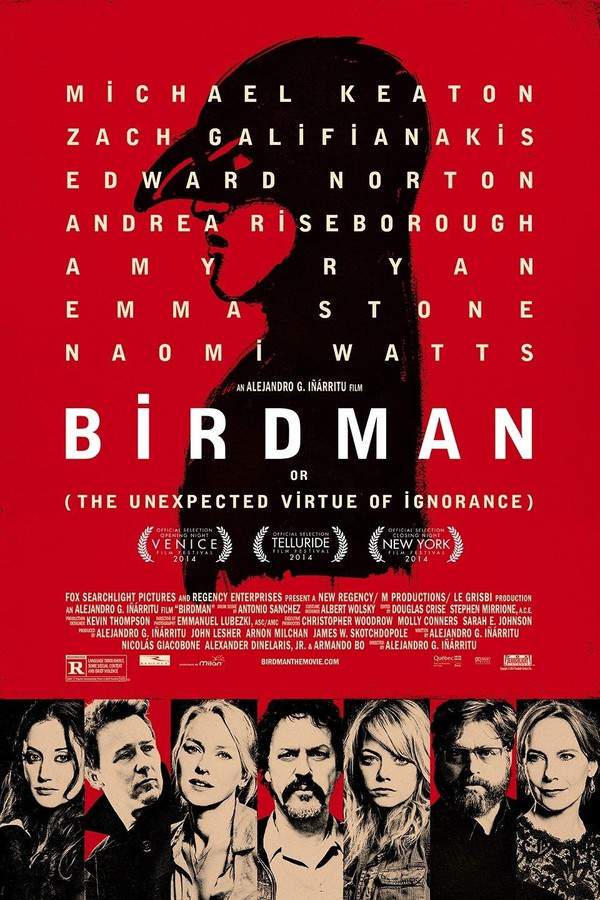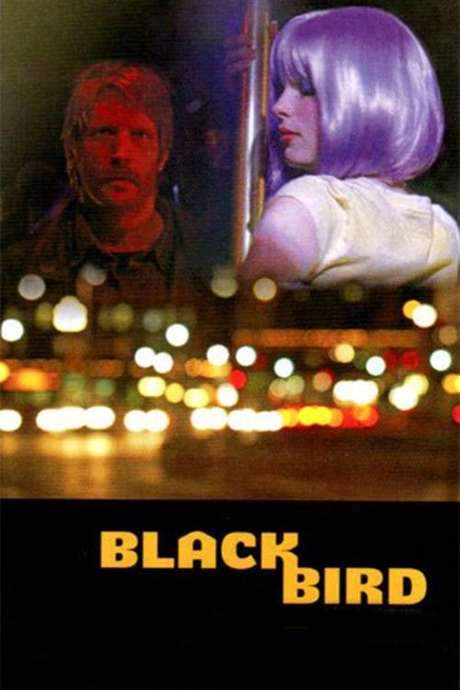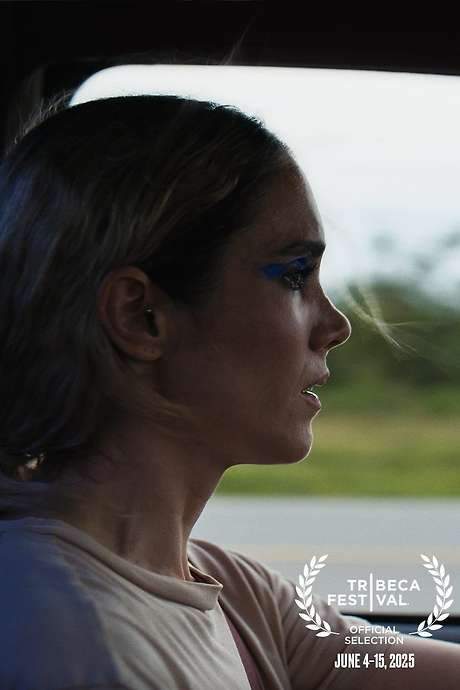
Bird
Year: 1988
Runtime: 161 min
Language: English
This biographical drama focuses on the pivotal 1946 meeting between Charlie "Bird" Parker, a legendary figure in bebop jazz, and his contemporary, Dizzy Gillespie. The film explores Parker's extraordinary musical talent and the struggles with addiction and personal demons that haunted him. Through a blend of past and present scenes, it vividly portrays the virtuosity and complexities of a musician whose innovative sound continues to influence generations.
Warning: spoilers below!
Haven’t seen Bird yet? This summary contains major spoilers. Bookmark the page, watch the movie, and come back for the full breakdown. If you're ready, scroll on and relive the story!
Bird (1988) – Full Plot Summary & Ending Explained
Read the complete plot breakdown of Bird (1988), including all key story events, major twists, and the ending explained in detail. Discover what really happened—and what it all means.
Charlie ‘Bird’ Parker (forest-whitaker) is celebrated by audiences at a small jazz club in New York City, where his soulful music and improvisations inspire admiration. Despite his musical talent and the applause he receives, his personal life is marred by turmoil and hardship. When he returns home, his wife, Diane Venora, portraying Chan Parker, greets him with a lack of warmth and affection. Their relationship is strained, filled with arguments that often escalate to the point of disturbing their sleep, especially when their shouting wakes their baby. Charlie expresses a desire to care for his child, but his wife prefers that he stay away, highlighting deep emotional rifts and the exhaustion both feel from their ongoing struggles.
Driven by heartbreak and despair, Charlie turns to drugs, which ultimately lead to a severe overdose, leaving him bloodied and on the floor. Chan’s emotional drains are palpable, and she accepts his self-destructive tendencies with a resigned attitude. A hospital visit reveals the extent of his addiction issues, as Charlie continues to fight cravings and becomes involved in altercations with other patients, such as George Orrison. The hospital director is concerned about his wellbeing and the financial implications of his treatment, while Chan blames the pain from his ulcers for his fall into drug use.
Throughout the film, flashes of Charlie’s past reveal his early life, including moments of tragedy, like witnessing death and seeking revenge, as well as joyful memories of his debut in New York, where he was seen as a rising star. His rise in the jazz scene is marked by his association with notable musicians, especially Dizzy Gillespie](https://www.whatsafterthemovie.com/actor/samuel-e-wright), whom he credits for much of his success. As he navigates the highs and lows of fame, Charlie’s relationships with women, including Chan and others like Audrey (Anna Levine), fluctuate amid his ongoing addiction and desire for stability.
He recalls his legendary 1939 tour to California and the nights he spent improvising music, often waking Dizzy and his wife, Lorraine, with his spontaneous compositions. Despite his fame, Charlie faces various personal struggles—romantic tensions, infidelity, and the pressures placed upon him by agents like Moscowitz (Sam Robards), who persistently push him for drug dealer information. His career experiences setbacks due to morality concerns, which temporarily silence his music on the airwaves, compounding his financial and personal difficulties.
Meanwhile, Charlie’s family life is complex. Chan, feeling exhausted from her hardships, decides to move her children into a modest home, attempting to create a stable environment away from the chaos. Charlie, meanwhile, attempts to find work, often with little success because of his unreliability. He tries to keep his career afloat by going on tours, including a successful stint in Paris, where he hopes to stay for good, living among people who respect his music and offer him a better life. In these moments, Charlie dreams of a bright future, opening jazz clubs like Birdland, and gaining recognition beyond the confines of his addiction.
However, his struggles quickly catch up with him again. Charlie’s relationships with fellow musicians such as Red Rodney are complicated by their own issues, including Rodney’s health problems and fears of violence in the segregated South. Despite his reputation as a genius, Charlie’s dependence on drugs and his turbulent personal life threaten to derail everything he has worked for. His financial situation deteriorates as he fails to secure steady gigs, and the pressure from those around him to reveal drug sources intensifies.
In the end, Charlie’s health deteriorates further, and his addiction leads to reckless decisions. His wife, Chan, continues her efforts to support him, but the burden wears on her as their relationship frays. After a series of failures and setbacks, including a jail stint due to his drug habits, Charlie finds himself increasingly isolated. He is visited by Dizzy Gillespie who urges him to stay reliable, but Charlie’s addiction persists. His physical and emotional health decline to the point where he is reluctant to seek help, preferring to numb his pain with alcohol and drugs.
As his life nears its tragic end, Charlie expresses feelings of resignation and despair. His heroin addiction, broken relationships, and failed attempts at stability culminate in a fatal heart attack on March 12, 1955, at the age of only 34. The film closes with Nica (Diane Salinger) desperately trying to reach Chan to deliver the devastating news, leaving viewers with a poignant reflection on the extraordinary talent and tragic life of jazz legend Charlie ‘Bird’ Parker, a man whose music continues to influence generations. A reporter at Nica’s suite mistakenly estimates Charlie’s age as 65, not realizing he was only in his early thirties when he passed away, underscoring the fleeting nature of his life and brilliance.
Last Updated: August 05, 2025 at 06:57
Explore Movie Threads
Discover curated groups of movies connected by mood, themes, and story style. Browse collections built around emotion, atmosphere, and narrative focus to easily find films that match what you feel like watching right now.
Tragic Genius Biographies like Bird
Brilliant minds whose extraordinary talents are overshadowed by personal demons.If you were captivated by the story of Charlie Parker in Bird, explore more movies like it. This selection features other tragic genius biographies, focusing on brilliant musicians, artists, and innovators whose lives were marked by immense talent and profound personal turmoil.
Narrative Summary
Stories in this thread typically follow a biographical structure, chronicling the rise to prominence of a uniquely talented figure. The central conflict is internal, pitting their genius against addiction, mental illness, or self-destructive tendencies, leading to a narrative arc of ascension followed by a tragic decline.
Why These Movies?
These films are grouped together for their shared focus on the archetype of the tormented genius. They mix awe for the subject's talent with a heavy, melancholic tone, creating a deeply sorrowful yet reflective viewing experience centered on the high cost of brilliance.
Heavy Melancholic Character Studies like Bird
Intimate, steady portraits of characters grappling with internal turmoil.Viewers searching for movies with a similar mood to Bird will find them here. These melancholic character studies share a steady pace, high emotional intensity, and a focus on a protagonist's difficult psychological journey, often involving addiction and tragic outcomes.
Narrative Summary
These narratives are less about plot twists and more about the gradual unraveling or steadfast suffering of a central character. The story unfolds at a steady pace, using flashbacks and present-day scenes to build a complex portrait of a person consumed by their flaws, with a climax that is emotionally resonant rather than action-packed.
Why These Movies?
The connection here is the overarching mood and narrative approach. These films prioritize emotional depth over eventful plotting, featuring a high-intensity, heavy feel, a melancholic tone, and a steady rhythm that makes the character's pain palpable and the ending profoundly sad.
Unlock the Full Story of Bird
Don't stop at just watching — explore Bird in full detail. From the complete plot summary and scene-by-scene timeline to character breakdowns, thematic analysis, and a deep dive into the ending — every page helps you truly understand what Bird is all about. Plus, discover what's next after the movie.
Bird Timeline
Track the full timeline of Bird with every major event arranged chronologically. Perfect for decoding non-linear storytelling, flashbacks, or parallel narratives with a clear scene-by-scene breakdown.

Characters, Settings & Themes in Bird
Discover the characters, locations, and core themes that shape Bird. Get insights into symbolic elements, setting significance, and deeper narrative meaning — ideal for thematic analysis and movie breakdowns.

Bird Spoiler-Free Summary
Get a quick, spoiler-free overview of Bird that covers the main plot points and key details without revealing any major twists or spoilers. Perfect for those who want to know what to expect before diving in.

More About Bird
Visit What's After the Movie to explore more about Bird: box office results, cast and crew info, production details, post-credit scenes, and external links — all in one place for movie fans and researchers.

Similar Movies to Bird
Discover movies like Bird that share similar genres, themes, and storytelling elements. Whether you’re drawn to the atmosphere, character arcs, or plot structure, these curated recommendations will help you explore more films you’ll love.
Explore More About Movie Bird
Bird (1988) Scene-by-Scene Movie Timeline
Bird (1988) Movie Characters, Themes & Settings
Bird (1988) Spoiler-Free Summary & Key Flow
Movies Like Bird – Similar Titles You’ll Enjoy
Paris Blues (1961) Complete Plot Breakdown
Bird People (2014) Ending Explained & Film Insights
The United States vs. Billie Holiday (2021) Complete Plot Breakdown
Mo' Better Blues (1990) Full Summary & Key Details
A Bird of the Air (2011) Plot Summary & Ending Explained
All That Jazz (1979) Complete Plot Breakdown
Bird on a Wire (1990) Movie Recap & Themes
Rhapsody in Blue (1945) Complete Plot Breakdown
Birdman or (The Unexpected Virtue of Ignorance) (2014) Full Movie Breakdown
Blackbird (2007) Film Overview & Timeline
Celebrating Bird: The Triumph of Charlie Parker (1989) Plot Summary & Ending Explained
Bye Bye Birdie (1963) Story Summary & Characters
Bird of Prey (1996) Full Summary & Key Details
Charliebird (2025) Plot Summary & Ending Explained
Birds of America (2008) Plot Summary & Ending Explained

